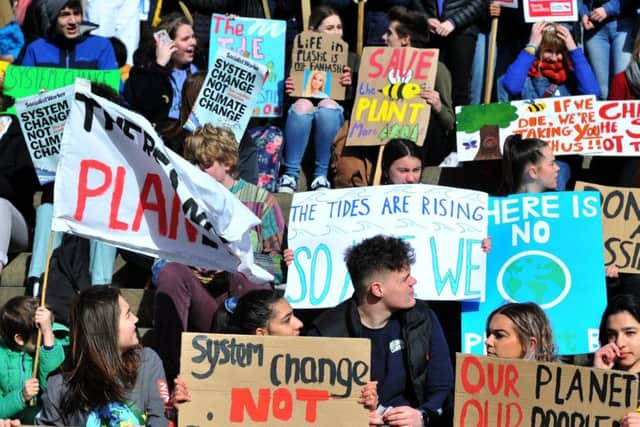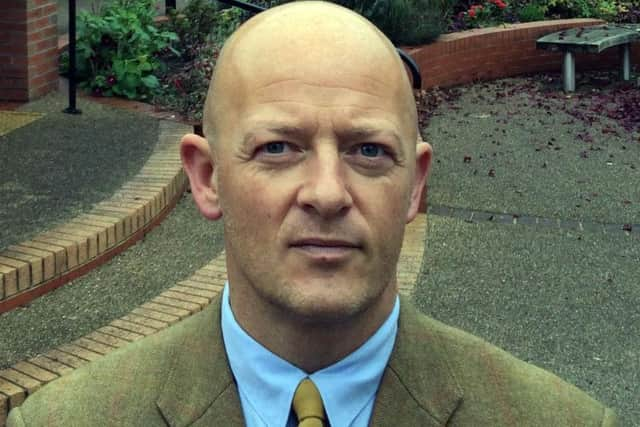'Leeds City Council have a lot of important choices to make to tackle climate change'
and live on Freeview channel 276
Contrary to the perception that political parties can’t come together on issues that are important to both the public and themselves, in March 2019 Leeds City Council voted en masse to declare a Climate Change Emergency, and pledge to make Leeds carbon neutral by 2040.
The motion was jointly proposed by the Lib Dems and Labour, the two Greens added some detail, and the Tories chuntered about teachers allowing kids on a Climate Change strike on a school day, before voting it through.
Advertisement
Hide AdAdvertisement
Hide Ad

Not soon after, the YouthStrike4Climate group challenged all councillors to live up to our promise, and think again on some commitments the council has made that the group consider “dangerous” and “fundamentally incompatible” to achieving a carbon neutral future.
They listed the council’s support for the Leeds Bradford Airport expansion strategy, £100million in road-building activities (some for a new airport access road), parking spaces at Kirkgate Outdoor Market, and the destruction of 49 trees at Lawnswood Roundabout for a new junction.
We need to accept their challenge, but also widen the discussion as simply stopping doing something might not solve the problem we want to solve, and could actually make it worse.
On top of this, people need to be brought along willingly, otherwise a Brexit-style reaction could be the result.
Advertisement
Hide AdAdvertisement
Hide Ad

The council now has a new Climate Change Advisory Committee which will shape the council’s approach to achieving it’s Carbon Neutral target, and Leeds Liberal Democrats are taking our participation seriously.
The biggest decisions need to be made around transport, and coordinated between Westminster and Civic Hall, and involve behaviour change for every citizen in the city.
The Department for Transport recently released its National Travel Attitudes Study, and when asked about their willingness to reduce travel to tackle climate change, 43 per cent were happy to reduce their car travel, but only 17 per cent were happy to reduce their air travel.